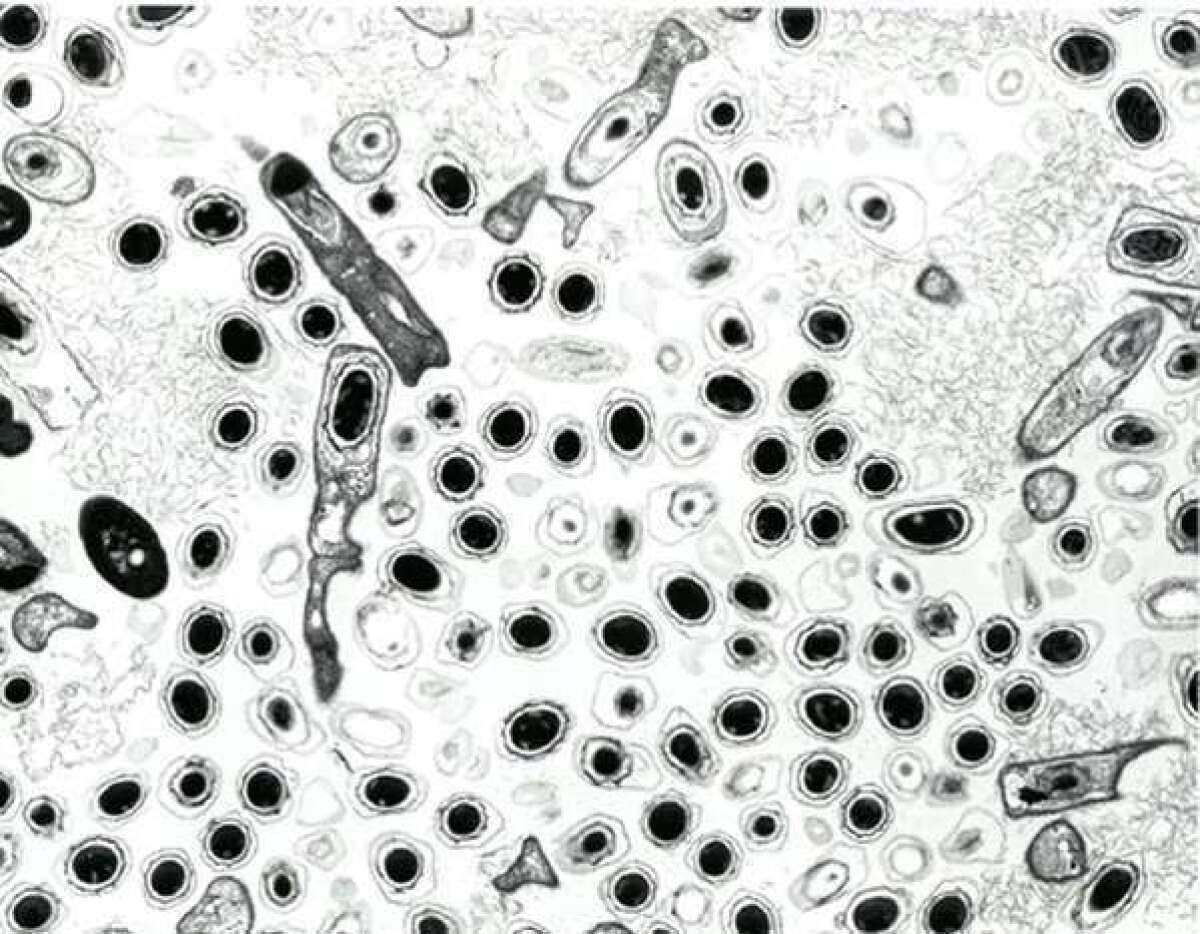U.S. panel: Wait on anthrax vaccine testing for kids

The federal government must perform more tests on adults before it can ethically move forward with controversial anthrax vaccine trials in children, members of a federal bioethics panel said.
“The safety of our children is paramount, and we have to get this right,” said Amy Gutmann, chairwoman of the Presidential Commission for the Study of Bioethical Issues, in a phone call with reporters on Monday. “The commission concluded many steps would have to be taken before pediatric anthrax vaccine trials should be considered.”
Health and Human Services Secretary Kathleen Sibelius had asked the commission to evaluate the ethics of pediatric testing of the anthrax vaccine two years ago -- after officials estimated, during a 2011 bioterrorism preparedness exercise, that 8 million citizens could be affected in a weaponized anthrax attack in a city like San Francisco. One quarter of those would be kids.
Along with antibiotics, vaccination with Anthrax Vaccine Adsorbed would be a key part of the response in an anthrax attack because of a continued threat of infection after the initial release of spores. But while the immunization has been used in adults for four decades -- including more than a million soldiers -- scientists do not yet understand its effects in children. A government group called the National Biodefense Science Board recommended tests to gauge the vaccine’s safety, pending ethical review.
But citing a higher bar for testing kids, the ethics committee wrote in a report that there were problems with testing the vaccine in advance of an attack. Children involved in a pre-attack trial would not stand to directly benefit from any testing, which would apply to a hypothetical condition with an undefined and unknown threat of actually occurring, Gutmann said.
So instead of leaping into anthrax vaccine trials for children, the commission recommended that researchers should first test it more thoroughly in animals and the youngest adults to be certain that it poses “no more than minimal risk” to pediatric study participants (the types of risks faced in everyday life or in a routine physical exam: for example, redness at an injection site).
Failing the ability to design a trial that poses only minimal risks, in extraordinary circumstances researchers could submit plans that pose “a minor increase over minimal risk” (such as the potential of developing a fever and malaise after getting a shot) for further review, and then would have to proceed within the ethics framework defined in the report.
The commission also recommended that scientists go ahead and design research protocols for post-event testing. After an attack, the ethics of pediatric testing change because subjects stand to gain a direct benefit from the trials, Gutmann said. She added that the framework could also apply to trials involving other types of pediatric medical countermeasures designed for use in response to chemical, biological, radiological or nuclear attacks.
“These conditions are an excellent general framework,” Gutmann said.
According to an FAQ distributed by the Bioethics Committee, it will now be up to the federal government to determine how to proceed with pediatric anthrax vaccine trials.
Follow me on Twitter: @LATerynbrown







